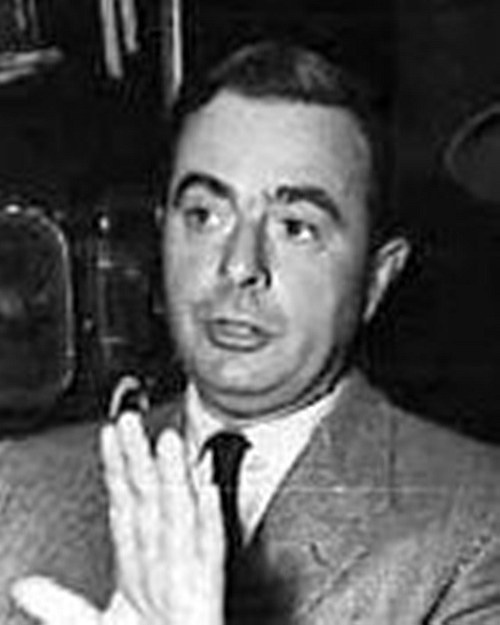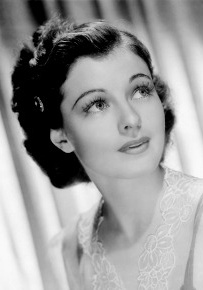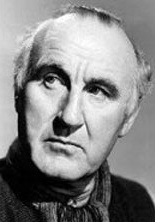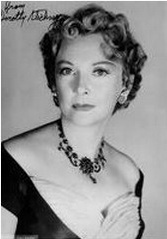不速之客 The Uninvited(1944)
简介:
- 一对来自伦敦的姐弟在康沃尔郡度假时买下了一座海岸悬崖上的老房子,随即发现房子受到鬼魂的骚扰。二人与原房主的孙女结识并交好,进而发现了她家族中不可告人的秘密。
演员:
影评:
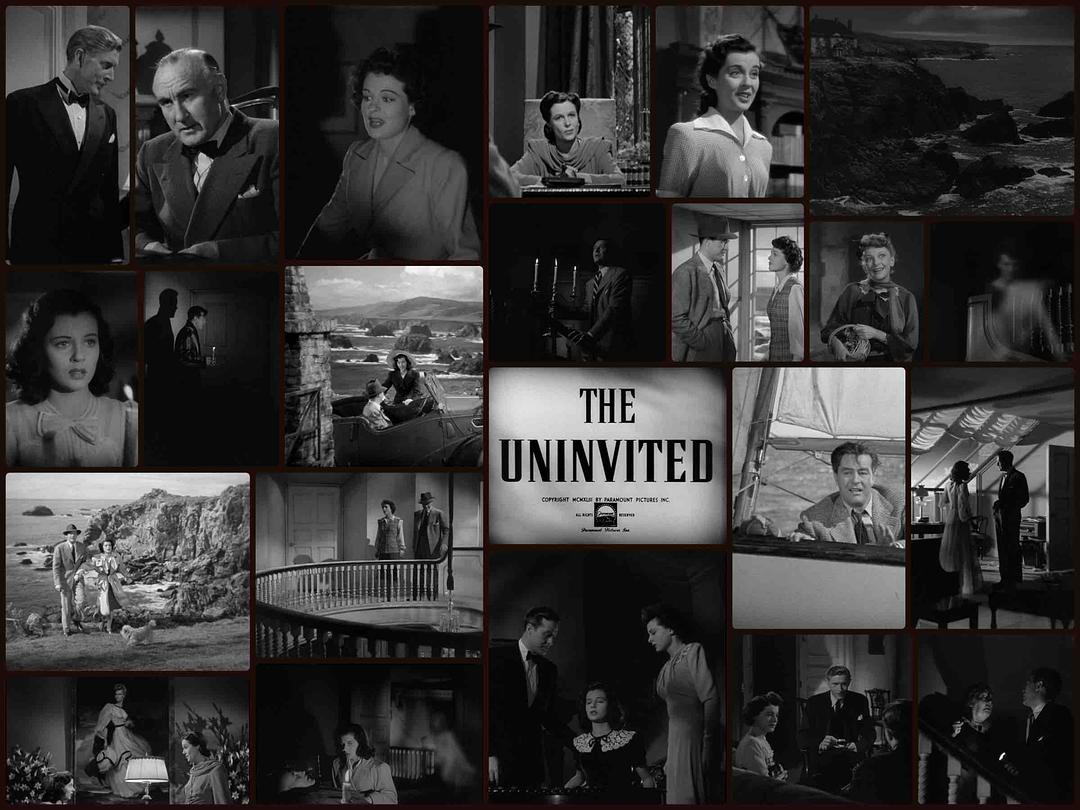
An atmospheric haunted-house yarn nestled on the coast of Cornwall, Broadway workman Lewis Allen’s directorial feature debut THE UNINVITED is not a spine-tingling scare-fest one might expect it to be, but a decorous melodrama seeking out the truth about a past tragedy tinged with a tint of gothic spookiness owing to Charles Lang’s stupendous Oscar-worthy camera work through minimal torchlight and candlelight in the mansion where the London siblings Rick (Milland) and Pamela (Hussey) Fitzgerald dwell.
The mansion is called Windward House, which the siblings buy from Commander Beech (a lumpen Crisp) for a knockdown price. The Commander is very cagey about the history of the house and whose only intention is to get the pecuniary profit to secure the future for his 20-year-old granddaughter Stella Meredith (Russell), he brazenly makes it clear that they don’t want anything to do with the Fitzgeralds after the deal is cut and dried, intriguing, isn't it? It is not every day someone is offering to buy a jinxed house. But an impressionable and spontaneous Stella takes a liking for the debonair but expansive Rick, confides in him that she feels a strong yet strange connection toward the house where she has been forbidden to set her foot since she was three, when her mother fell to her death from the escarpment in front.
So, apparently it is the apparition of Mary, Stella’s mother who torments the new residents with the nightly wailing, chilling draft and pungent scent of mimosa (a clever olfactory indicator as we have to take the characters at their word), but the plot thickens when more details are disclosed: Stella’s father had a gypsy mistress Carmel, and the rumor says that it is her who murdered Stella’s mother then died of illness afterward. At this step, the ghosts become plural, the rub is whether it is Mary’s benevolent calling or Carmel’s malignant hex that draws Stella back to the place? Or, as we are all fully aware, there would be a final reveal to overturn all the previous presumptions, after the fuss of a séance and the intervention of a formal nurse, Mary’s best friend Miss Holloway (Skinner), there is something fishy about Stella’s real identity.
Not quite often a pair of siblings is put in the center of a household, Milland and Hussey make do with their rivalry-free interaction and instill a patina of sangfroid which doesn’t seem to be congruent with the mystical happenings, and willfully gives the movie a jocund vibe, if they are not spooked, how can we, armchair rubberneckers, be startled through vicariousness? Forever remembered by Victor Young’s theme strain STELLA BY STARLIGHT, afresh-faced Gail Russell is pleasant to behold, but couldn’t be bothered to register a convincing reaction after receiving the bolt from the blue, which mars this otherwise fairly sustained suspense (along with Rick’s half-hearted final smackdown with Mary’s misty specter). In fact, the best part comes from a scrumptiously scenery-chewing Cornelia Otis Skinner, flagrantly furnishes the story with the requisite venom which one cannot get enough in the genre of uncanny mysteries, which, if really is your cuppa, bearing in mind thatJack Clayton’s THE INNOCENTS (1961) is a far superior achievement to be amazed, transfixed and awe-struck.
referential points: Jack Clayton’s THE INNOCENTS (1961, 8.8/10); René Clair's I MARRIED A WITCH (1942, 5.8/10).
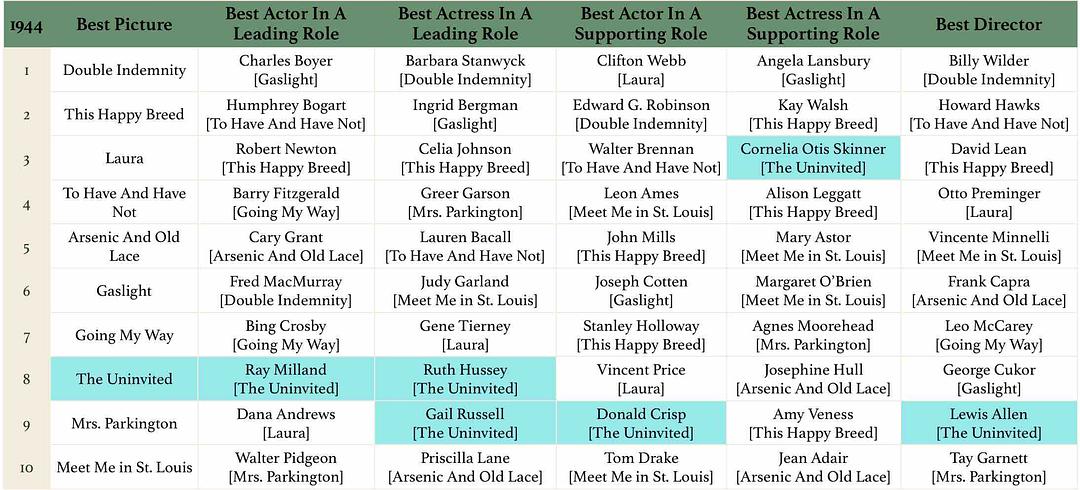
这部电影的低光线镜头之美妙令人想到奥森·威尔斯,但这里却不存在后者万花筒般的炫技构图,从头到尾都采用直率、温柔的自然式摄影(我原来至少也期待看到许多《第三人》式的斜角)。小镇背景中的帆船多么生动啊!(她笑起来很好看。)与克鲁佐的乡村悬疑和威尔斯无畏的反英雄主义形成对比——这里有某种触及人内心中最根本情感的东西。并且它拒绝故作阴森(那么多喜剧细节;对比《螺丝在拧紧》),也拒绝浪漫主义(那也是为什么黑色电影作者们不会拍幽灵:在真的超自然面前你根本没有办法正常地实行浪漫主义:这从一个侧面也揭露了后者的局限性)。问题是结尾仍然略微轻率(最结尾:扔烛台都还好;不过我倒是因为担心他把房子烧着而分了神),而例如尼古拉斯·雷In a Lonely Place这样的结尾,虽然意外地迅捷,却也完全保持了力度。音乐有时略烦人。整部电影的表演和对话总是介于一种自然和矫饰的状态之间,也有些奇怪。
B+
真正阴森森的气氛和阴郁的基调被很多小喜剧的时刻打断,感觉有点自相矛盾,但角色和演员都很了不起,谜团也很有趣,我只是希望超自然的元素多一点。无论这是一部悬疑片或者恐怖片,我还是理解为什么有很多人把这部影片视为经典。早期视觉效果其实非常令人印象很深刻,而且尽管没有很多一致性,可是看角色处理他们的情况还是好玩。我没有爱上这部电影,但我欣赏它和里面的主题、表演、摄影和剧情。不是一个杰作,但真具有一些很经典的方面,值得重看。

